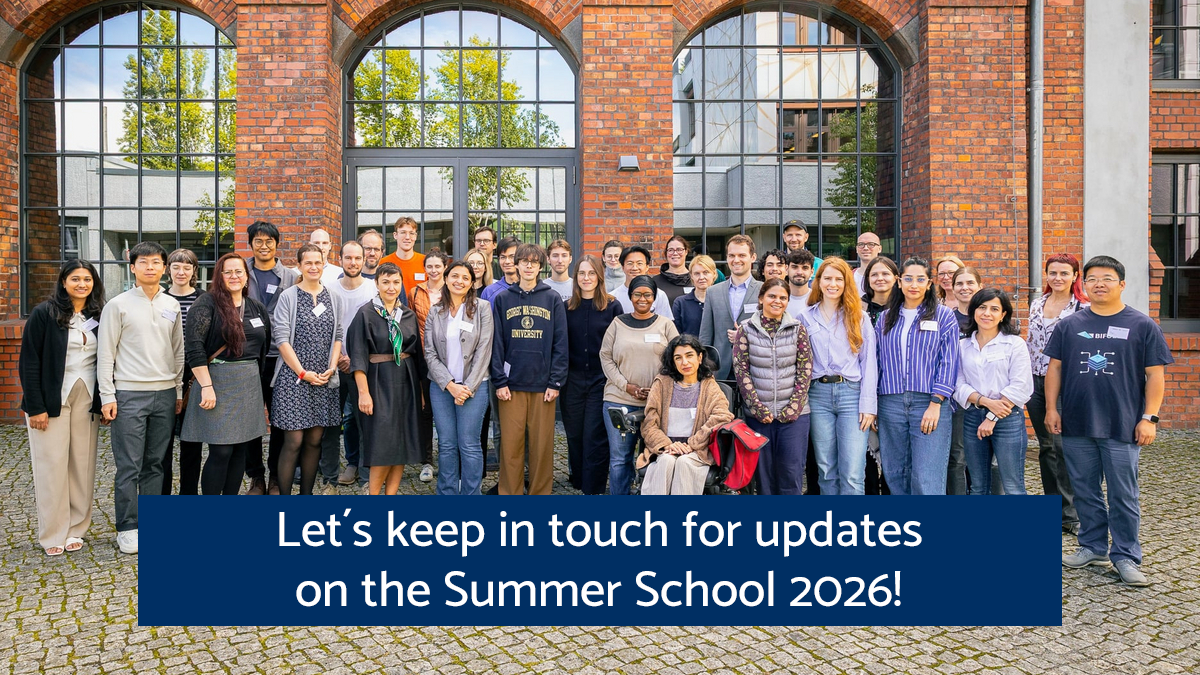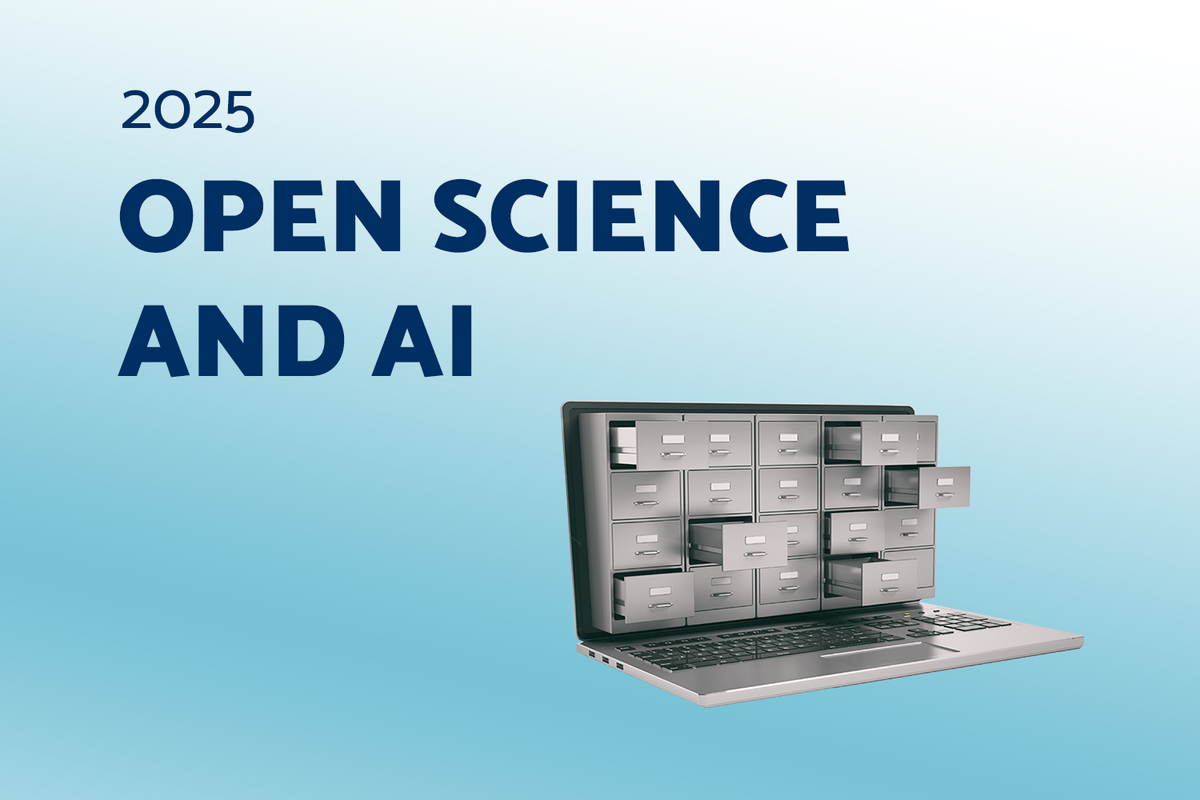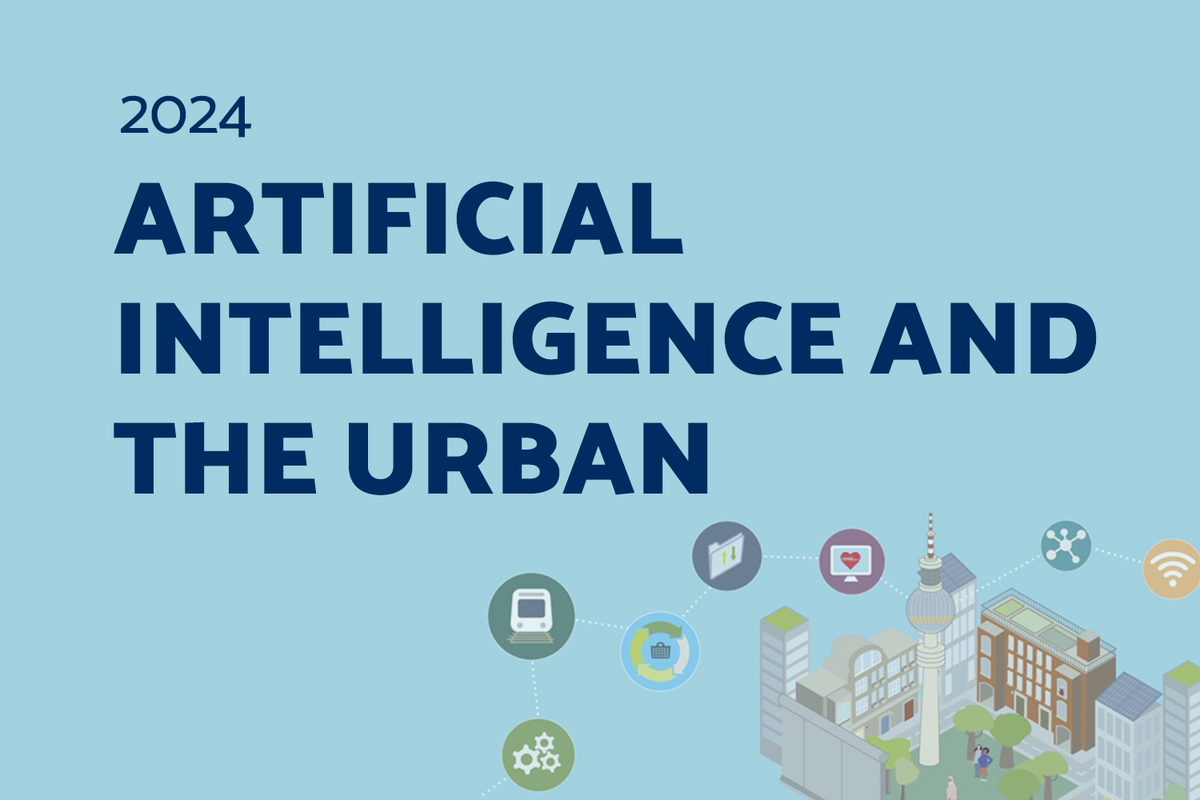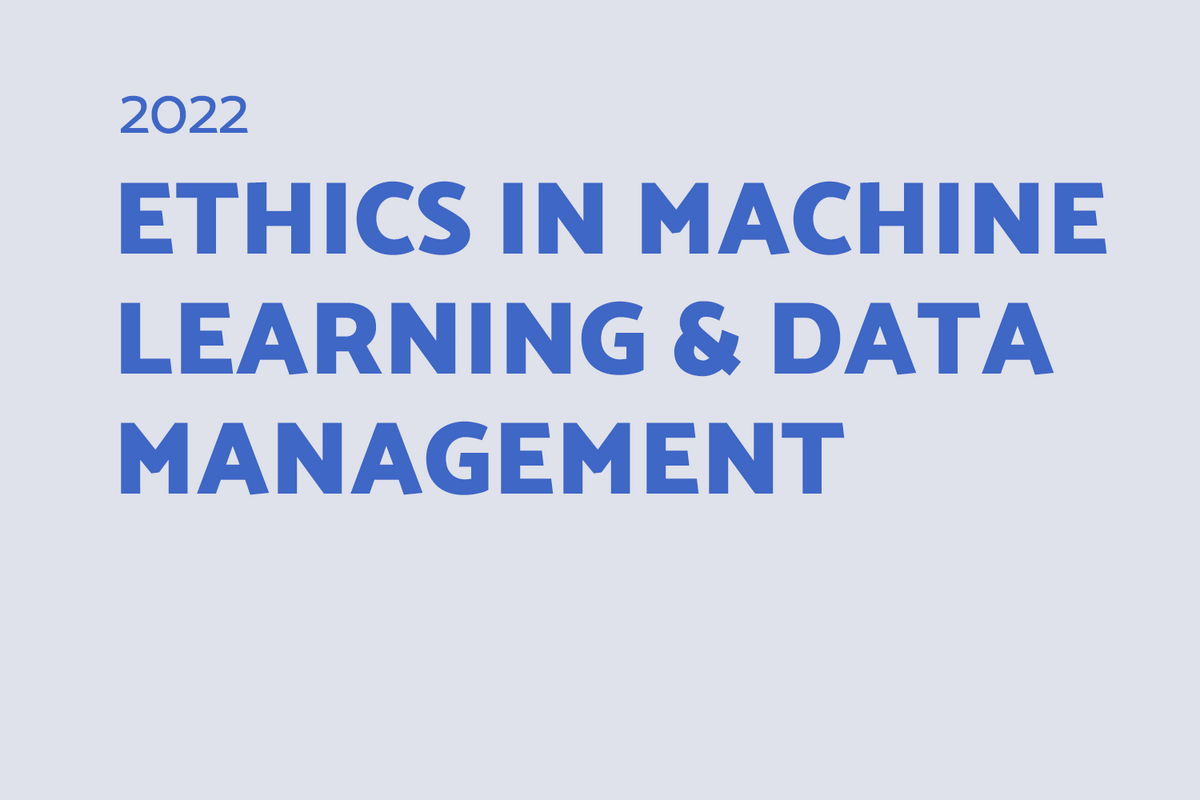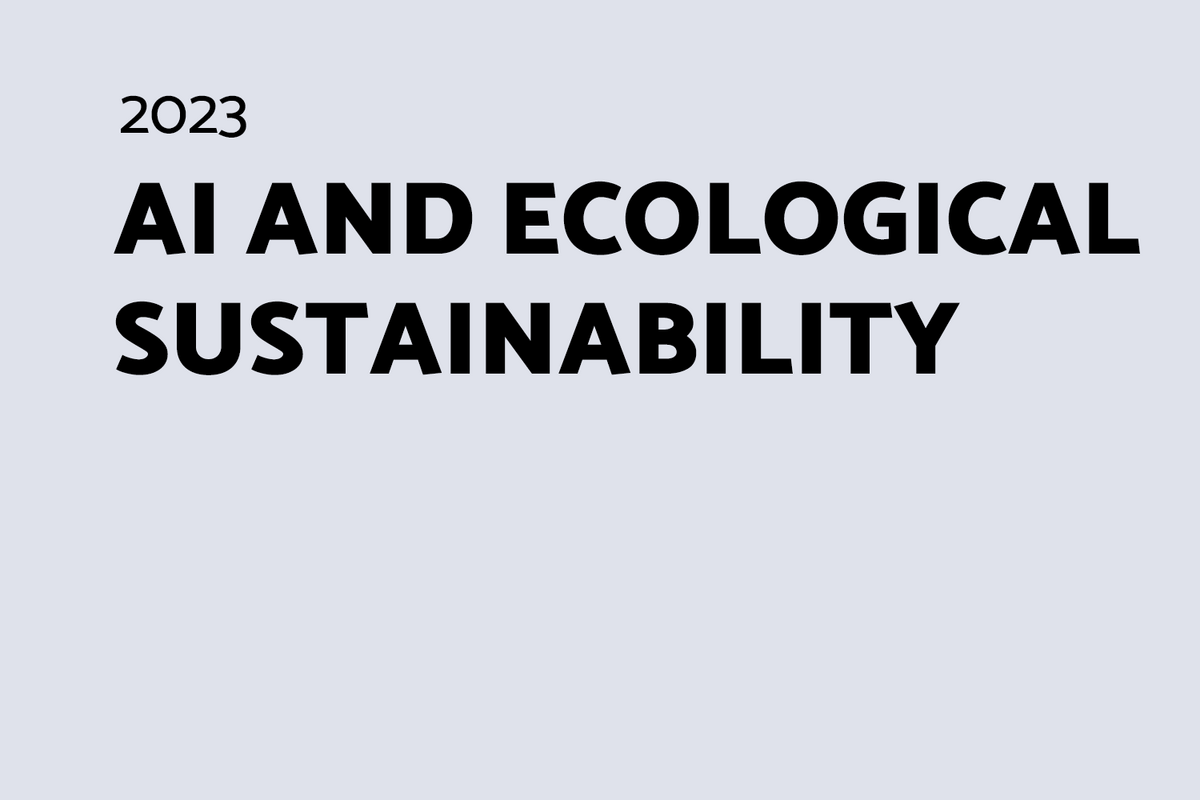An interdisciplinary dialogue on the Future of AI
The Summer School 2026 will be collaboratively hosted by the Weizenbaum Institute and BIFOLD. It will take place in September in Berlin, in a vibrant setting outside the university. For updates regarding the program, application process, speakers, and additional information, please visit our website or follow us on LinkedIn or Blue Sky.
Contact
Dr. Tina Schwabe, Graduate School Coordination
Email: tina.schwabe@tu-berlin.de


